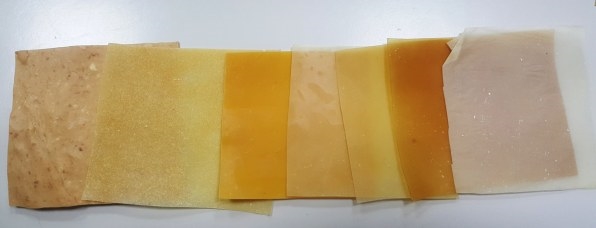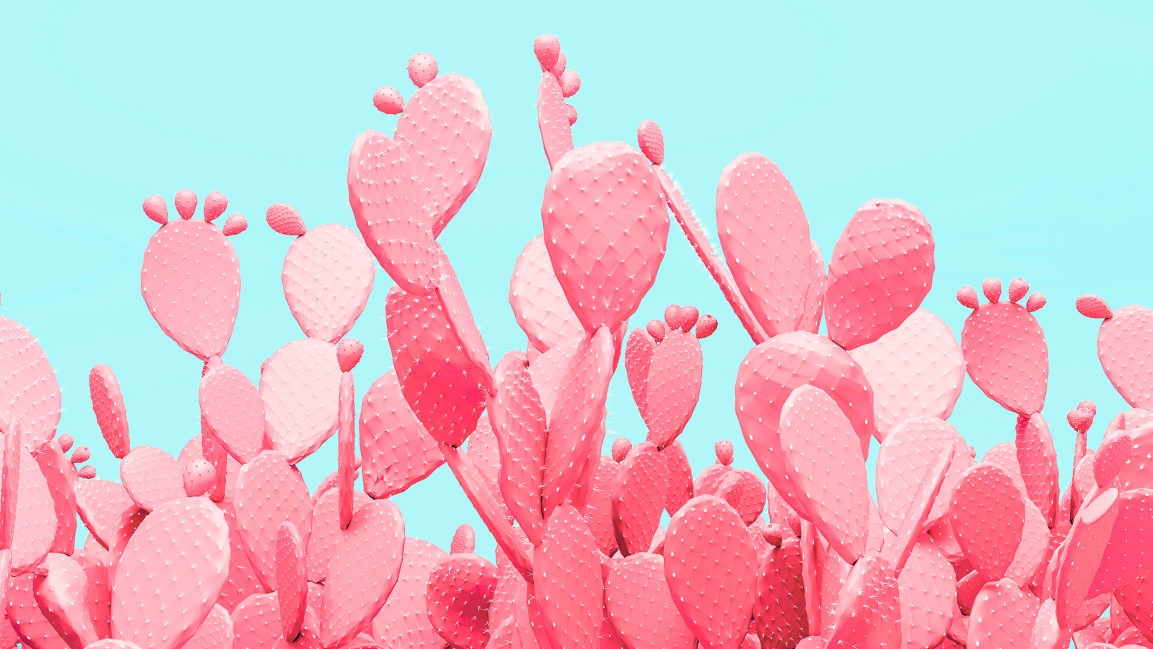This new biodegradable plastic is made from cactus
It’s one experiment to help tackle the world’s plastic problem. Around nineteen billion pounds of plastic ends up in the ocean each year, and as plastic breaks down there and in landfills, it makes its way into the food system; people now eat an annual diet of more than 50,000 pieces of microplastic. Plastic made from cactus wouldn’t necessarily help stop the flow of trash into waterways. But the researchers say that the material biodegrades quickly and is nontoxic if it’s eaten. And unlike plastic made from fossil fuels, the cactus-based plastic is carbon neutral as it breaks down–the carbon dioxide it emits equals the carbon dioxide it took in as a plant as it grew.

The prickly pear cactus used in the experiment, which grows locally, is well suited to become plastic. “The cactus of this species contains a large amount of sugars and gums that favor the formation of the biopolymer,” says Sandra Pascoe Ortiz, a chemical engineering professor at the University of the Valley of Atemajac, who is leading the research.
Cactus also has another advantage over some other plants that are currently used to make plastic. Corn, for example, which is often used to make compostable forks or cups, still has an environmental footprint from the fertilizer and other resources used to grow it. It’s also using land that could be used to grow food. Cactus, which survives in harsh environments with little or no intervention, can grow on land that doesn’t make sense for farming. “It does not require much care for its cultivation and production,” says Pascoe Ortiz.
The resulting material isn’t yet as long-lasting as plastic made from fossil fuels. But it could still be useful in some applications. “We are thinking of products that are disposable, single-use, or that do not need to be durable,” she says. It may also be more biodegradable than other alternatives; corn-based plastic, for example, is unlikely to break down unless it’s in an industrial composting facility, and most consumers still don’t have access to that type of facility. The cactus-based plastic can biodegrade in a backyard composter within a few months.
The researchers are currently working with a company that is interested in bringing the material to market.
(21)



